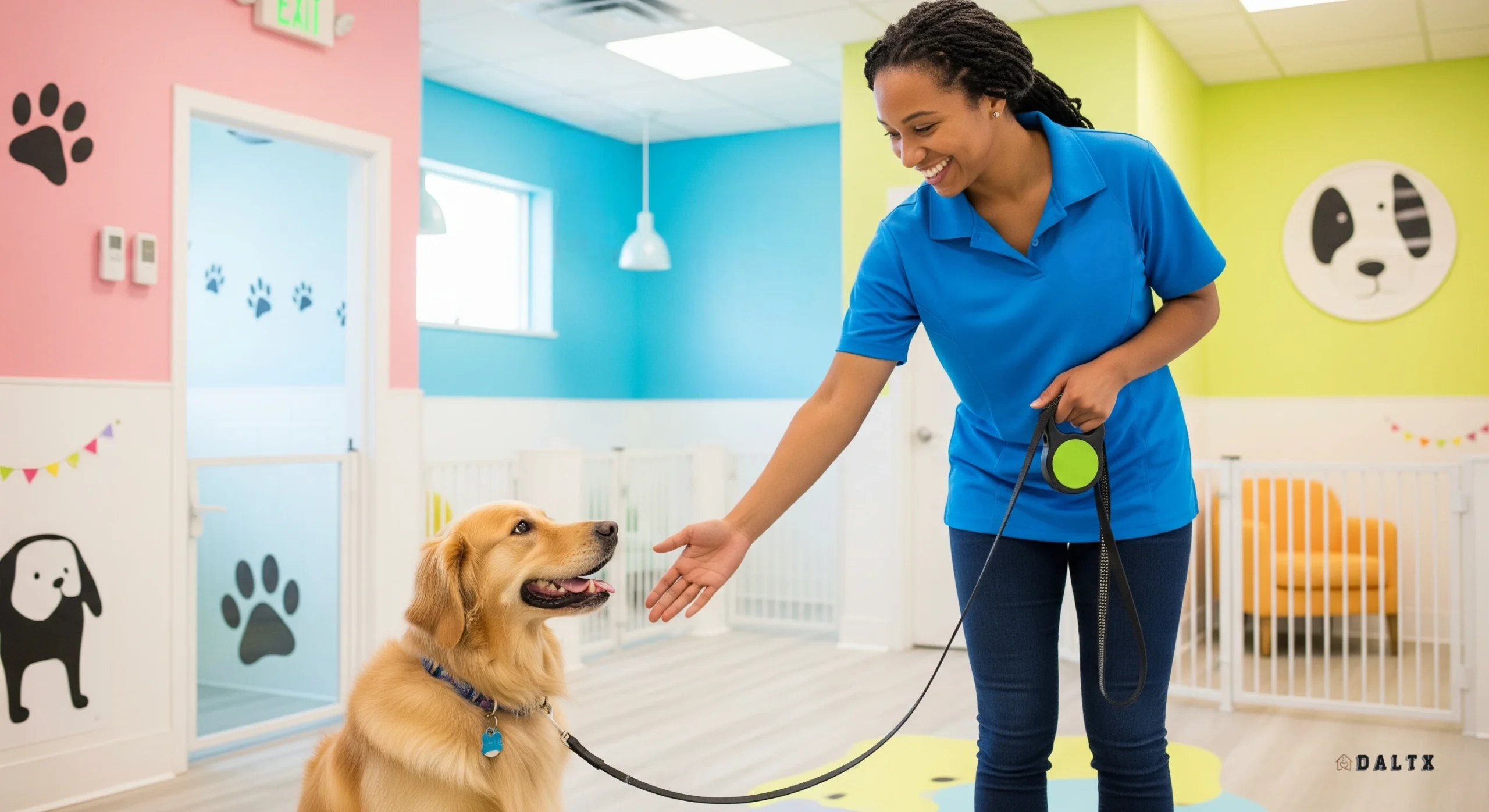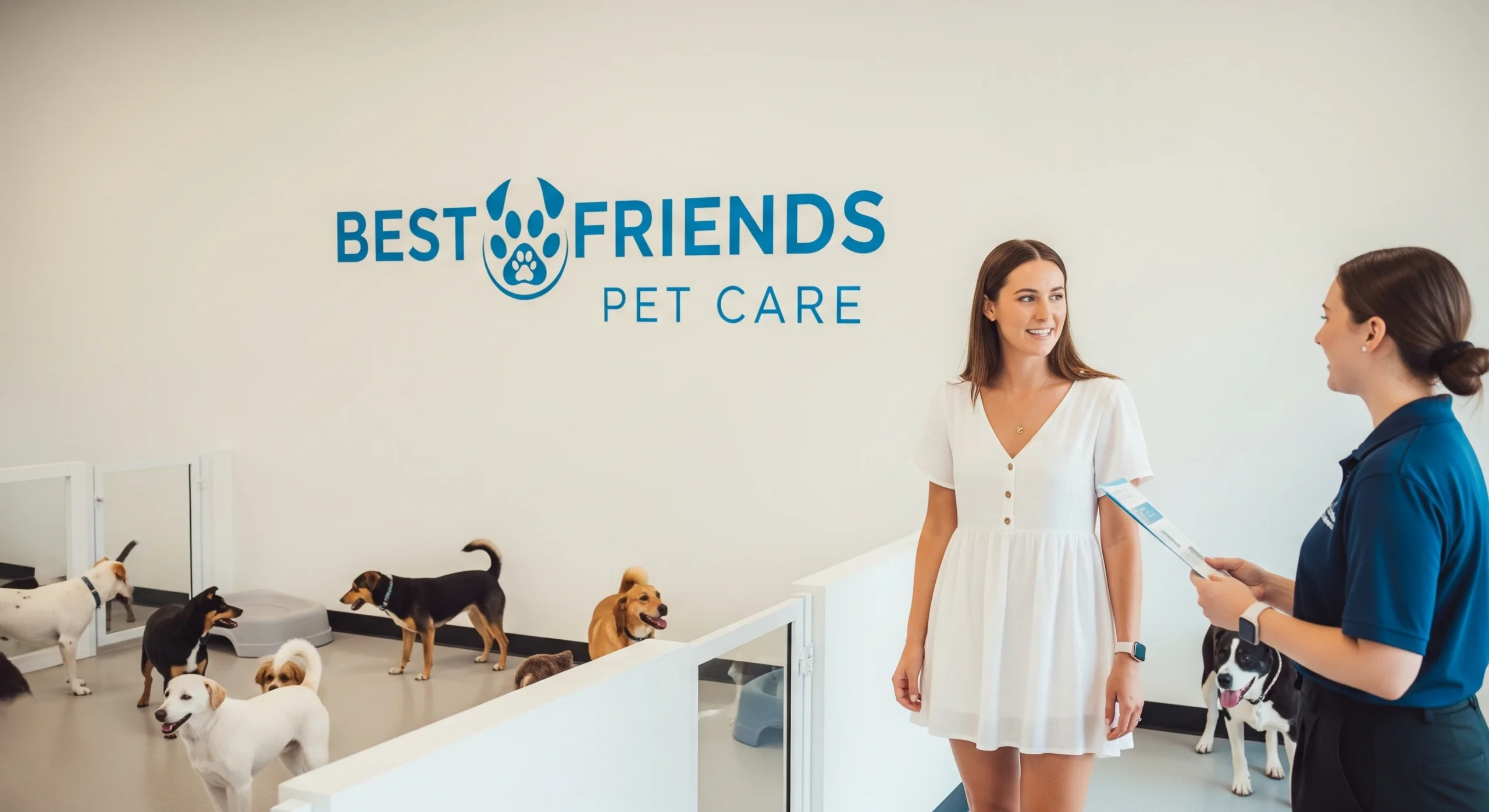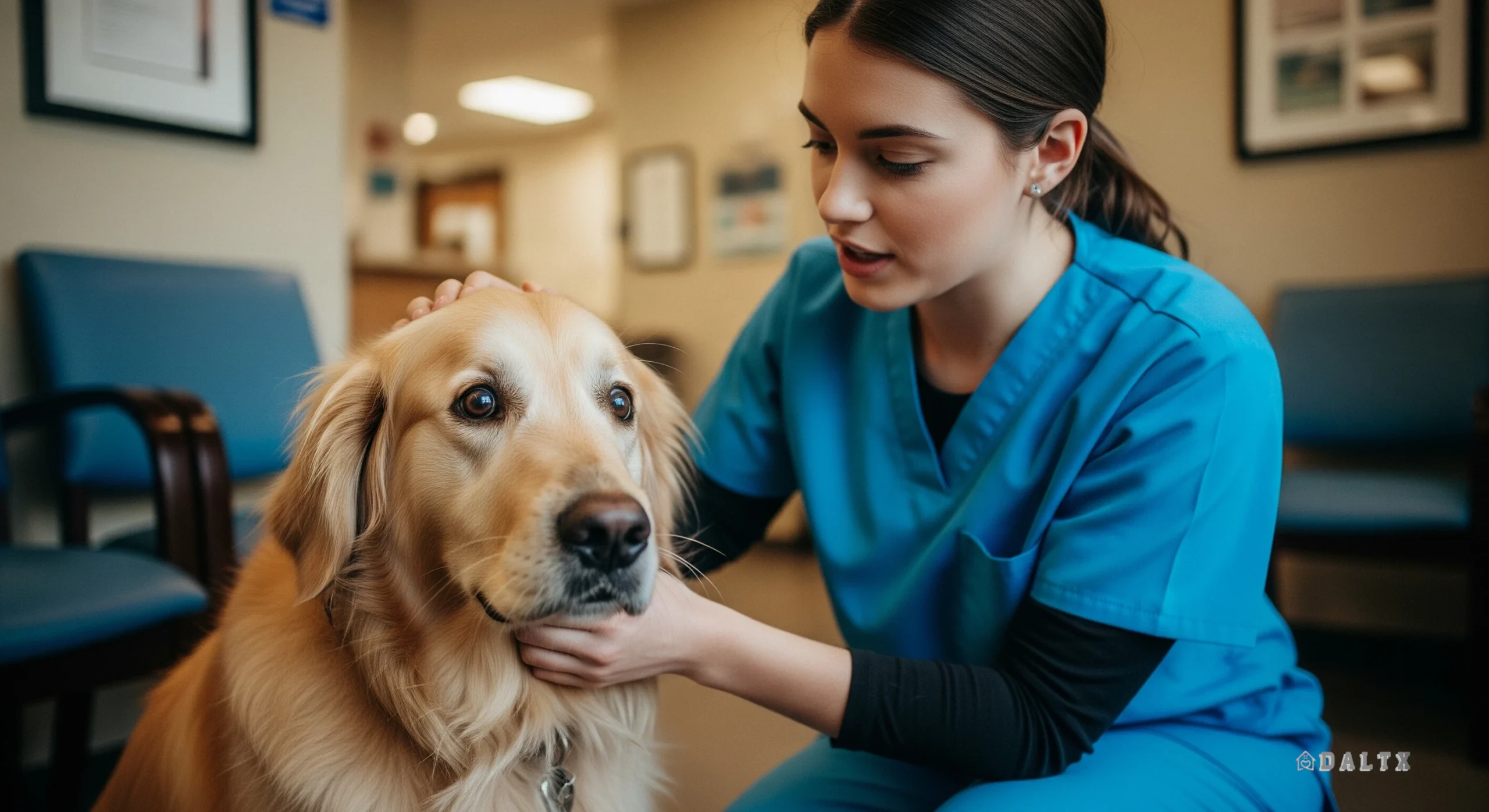
Pet owners often prefer not to leave their furry friends behind when they must travel. However, they may have no other choice. When the only option is to board the pet, they want to ensure they choose the right facility.
Fortunately, dogs often enjoy pet boarding services. Cats aren’t always as accommodating. The right boarding facility will do everything possible to ensure each pet has an enjoyable stay rather than a stressful one. With the proper care, the pet will return to the owner happy and healthy.
Choosing a Boarding Facility

Choosing a boarding facility isn’t as easy as selecting a hotel for humans. The most significant distinction is in the level of care provided to the pets. A reputable facility needs to know more about the animal to ensure their boarding services will be a good fit.
The facility staff must understand the pet’s medical history, play style, food preferences, and other vital information. With this information, the staff can ensure the pet receives the care it needs to thrive and enjoy its time away from its owners. What information should an owner share about their pet before boarding them at a facility?
Temperament

Pets have temperaments, just as people do. Some pets are happy and enjoy meeting new people. Others dislike anything new. Pet owners must understand their pet’s temperament and determine the best setting for the animal. A pet that struggles in new environments requires a boarding facility that is patient and understanding of its needs. Fear-aggressive pets are more likely to bite, not because they are bad, but because they are scared.
Boarding facilities require this information so they can determine whether to board the pet or recommend alternative options. An experienced professional can help most pets adjust to a new environment and maintain their happiness and health. However, this process takes time, so an owner should board the pet overnight a few times before they leave for an extended period.
Health and Age

Boarding facilities need to know a pet’s health and age before the owner leaves them for an extended period. Health problems become more common as pets age, and the facility must be prepared for them. Visit the pet’s vet before boarding the animal to confirm it is safe to do so, and share the result of this checkup with the boarding facility.
Provide the facility with a contact number for the owner, a backup number for someone who can make medical decisions for the pet in case the owner is unreachable, and the vet’s office number. Never board a pet without having someone to make immediate decisions if they become ill or injured. Failing to do so could cause the pet unnecessary suffering, and no pet owner wants that. It’s also beneficial to have a healthcare directive for your pet, and the vet and caregiver should have a copy of this document.
Boarding facility owners and employees are passionate about the animals in their care. They prioritize the physical and emotional health of every animal that stays with them. Pet owners can help by communicating with the staff about the care of their animal while they are away. More information is always best, as it allows the staff to maintain the animal’s routine, enabling them to enjoy their time in new surroundings. When the owner returns, the animal will be ready to return home but eager for their next stay in the facility.